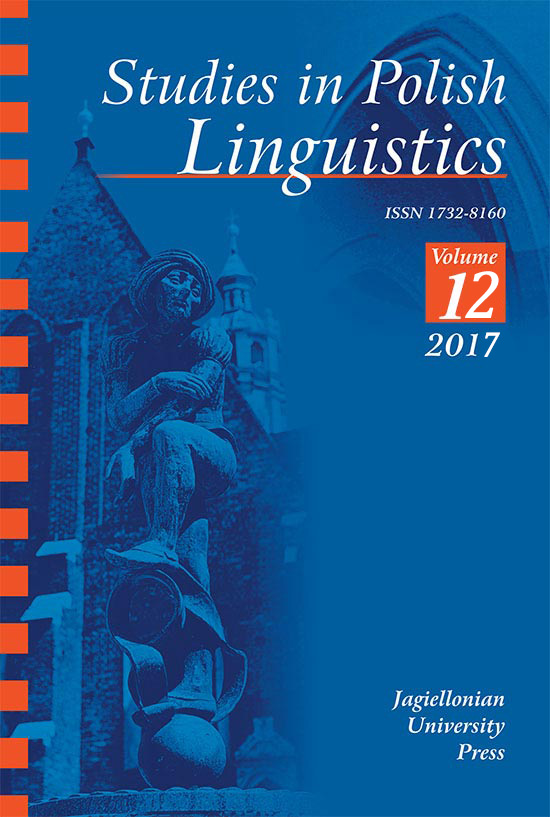The Role of Semantic Transparency in the Processing of Compound Words in Polish: Evidence from a Masked Priming Experiment
The Role of Semantic Transparency in the Processing of Compound Words in Polish: Evidence from a Masked Priming Experiment
Author(s): Krzysztof Hwaszcz, Dorota Klimek-JankowskaSubject(s): Language studies, Theoretical Linguistics
Published by: Wydawnictwo Uniwersytetu Jagiellońskiego
Keywords: morphology; language processing; Polish compound words; complex words; semantic transparency, lexical decision; masked priming
Summary/Abstract: The main goal of the reported study is to test the cross-linguistic validity of the existing psycholinguistic models of morphological processing by contributing the results of a masked priming lexical decision experiment on the processing of Polish semantically transparent and opaque compounds. All these models are concerned with the question of whether morphologically complex words are decomposed during online processing or whether they are stored as chunks in the mental lexicon. We contribute new data from Polish showing that reaction times to target words semantically related to the heads of transparent compounds were significantly faster than to target words semantically related to the heads of opaque compounds in Polish. This may be interpreted as evidence in favour of the view that semantically transparent compound words are decomposed and we access the lemmas of their constituent elements whereas semantically opaque compounds are not decomposed and there is no access to their constituent lemmas.
Journal: Studies in Polish Linguistics
- Issue Year: 12/2017
- Issue No: 3
- Page Range: 145-171
- Page Count: 27
- Language: English

